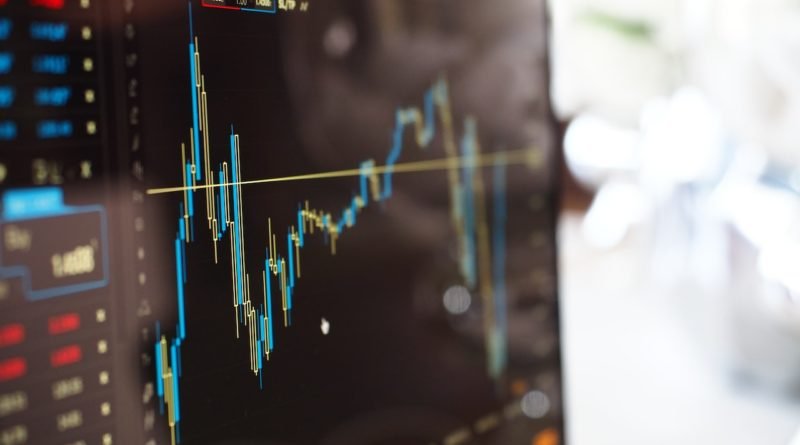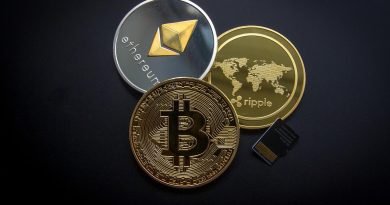Which Is Better Trading: Future or Options?
Futures come with a linear payoff, while options are nonlinear and create several scenarios. Investors use future and option trading as two financial derivatives to hedge risk and speculate on changes in market prices. But there are significant differences between the two trading options, and this article sheds light upon that.
Futures
A future contract enables traders to purchase or sell an asset in the future at a price agreed upon previously. Future contracts are proper hedge investments and can be best understood in terms of commodities like oil and corn.
Suppose a farmer wishes to lock in an acceptable crop price if the market prices go low before the delivery of the crop. Similarly, buyers will like to lock in the price of a commodity before its subsequent price in the market increases.
Futures are for commodity consumers, commodity producers, and speculators. Future contracts are useful for protecting both buyers and sellers from wide differences in prices in a particular commodity.
Future contracts also benefit retail traders who wish to profit from expected market price changes of an underlying commodity or security. Financial speculators usually avoid acquiring underlying commodities after contract settlement. They usually sell their position in advance of contract expiration.
Options
They are dependent on the value of an underlying stock, commodity, or index futures. An options trading contract enables investors to purchase or sell the underlying instrument at a certain price as long as the contract is in place.
But option holders are not the owners of the underlying instruments. They also don’t possess any shareholder rights as long as they are not exercising an option to purchase stocks.
According to option contracts, traders can usually purchase or sell 100 shares of the stock at a particular strike price. However, the transaction has to be done before the contract expires. The price at which an option is traded is referred to as its premium.
You will come across two types of options: call and put. A call option enables traders to buy a stock at the strike price until the expiry of the contract. A put option allows the holder to sell the stock at a certain price.
Risks Associated with Options and Futures
Due to the complex nature of option contracts, they are highly risky. Put and call options are equally risk-prone. The risk of a stock option will depend on its premium. The worst case will be when the options expire worthlessly and lead to the total loss of the spent premium.
But future contracts are also risky for individual investors. Future contracts bind both buyers and sellers, and the positions of a future are marked in the market daily. If the price of the underlying instrument fluctuates, the buyer or seller is required to provide an additional margin.
Wrapping up
One should settle with options when they have either too high or too low confidence in the trade. Moreover, options are also suitable when individuals have low funds to invest but a high appetite for risk.
References:
https://www.investopedia.com/ask/answers/difference-between-options-and-futures/




